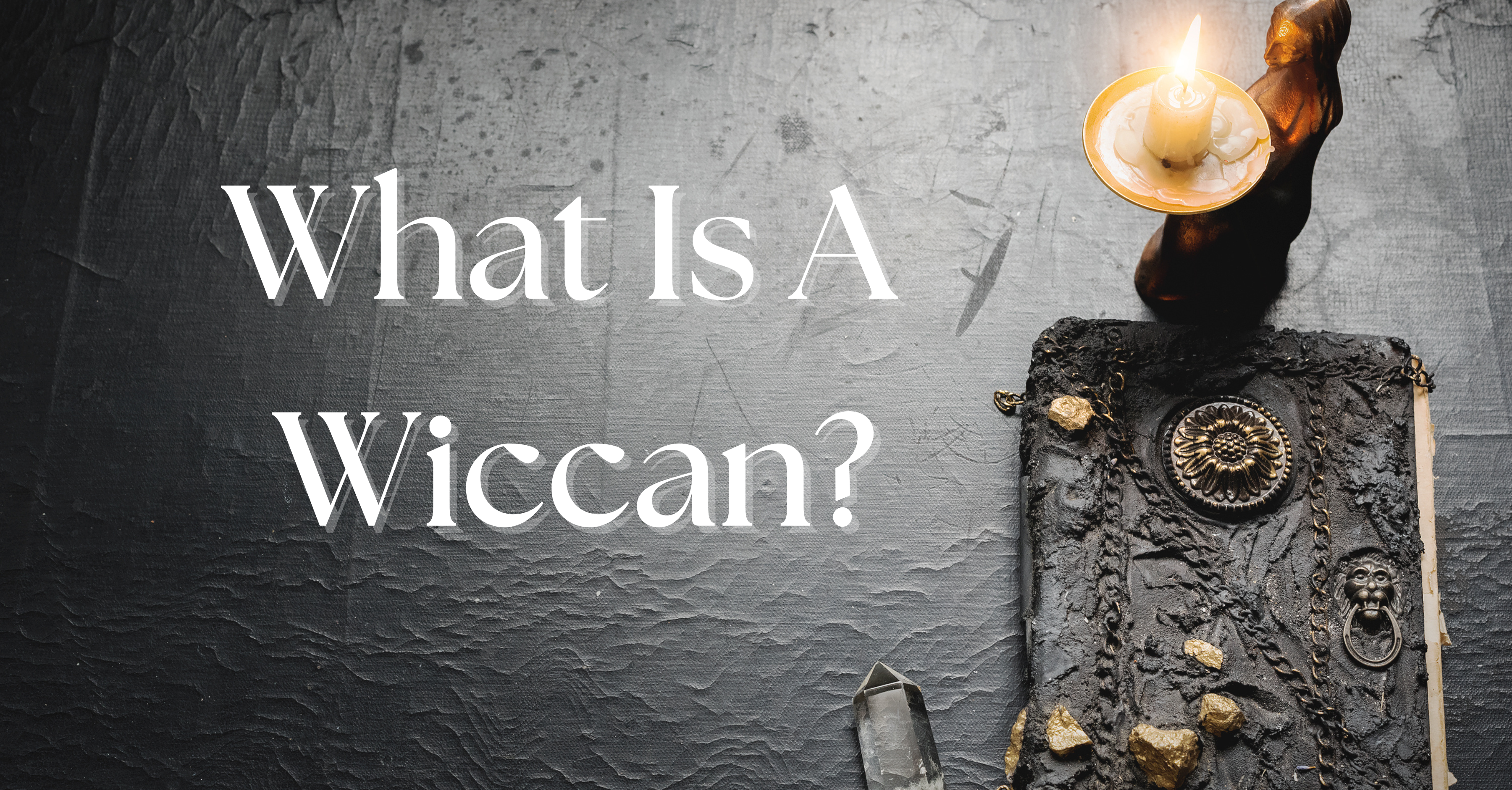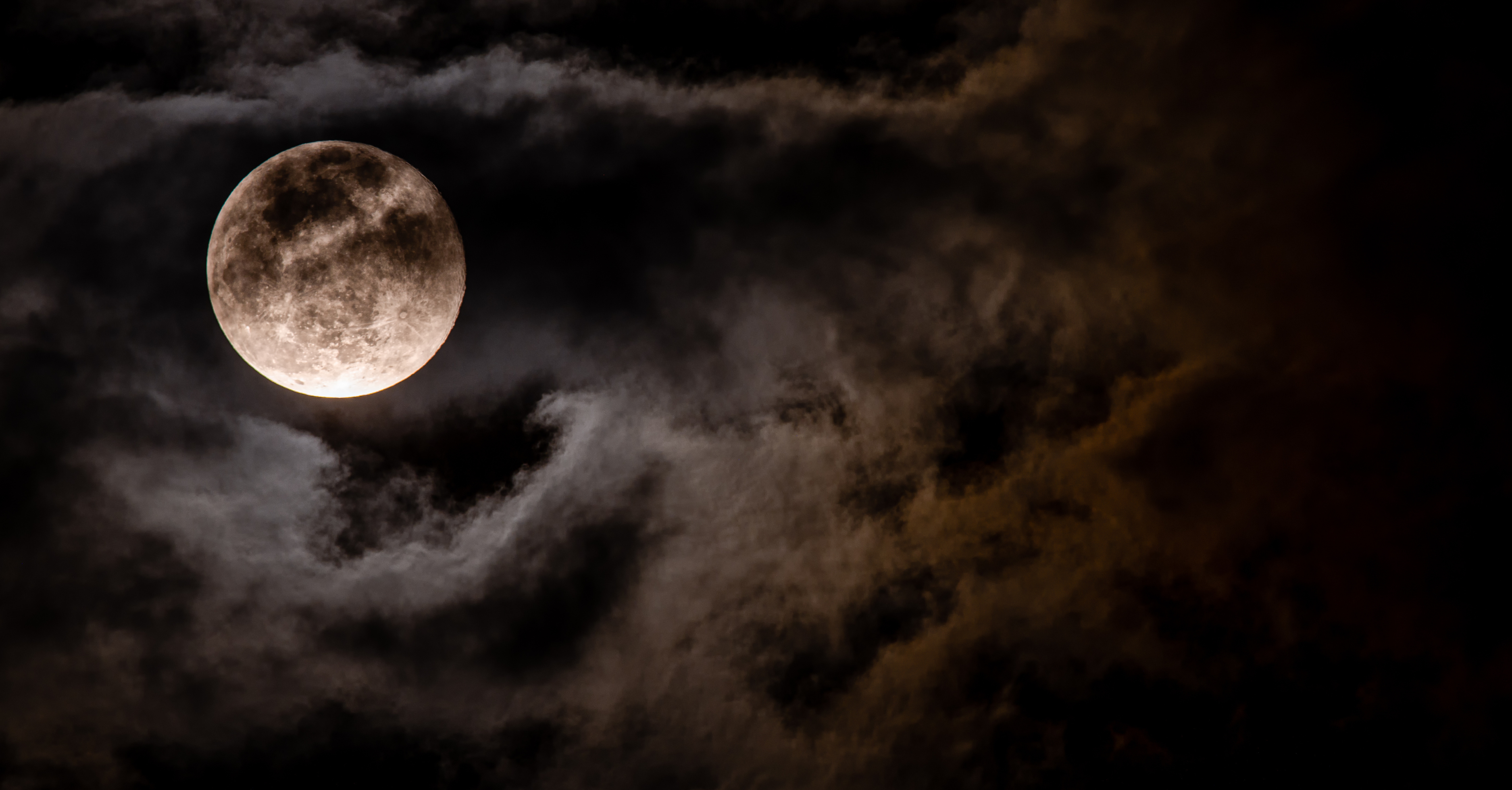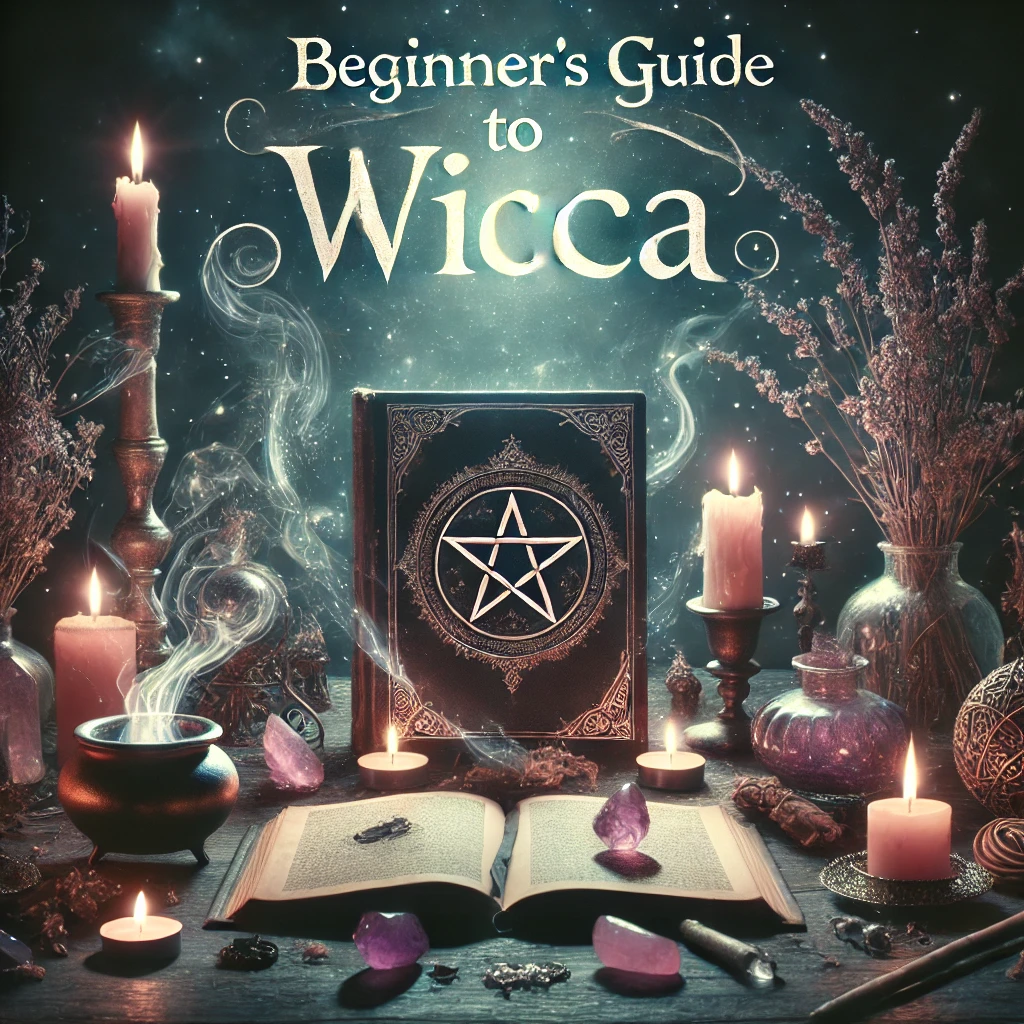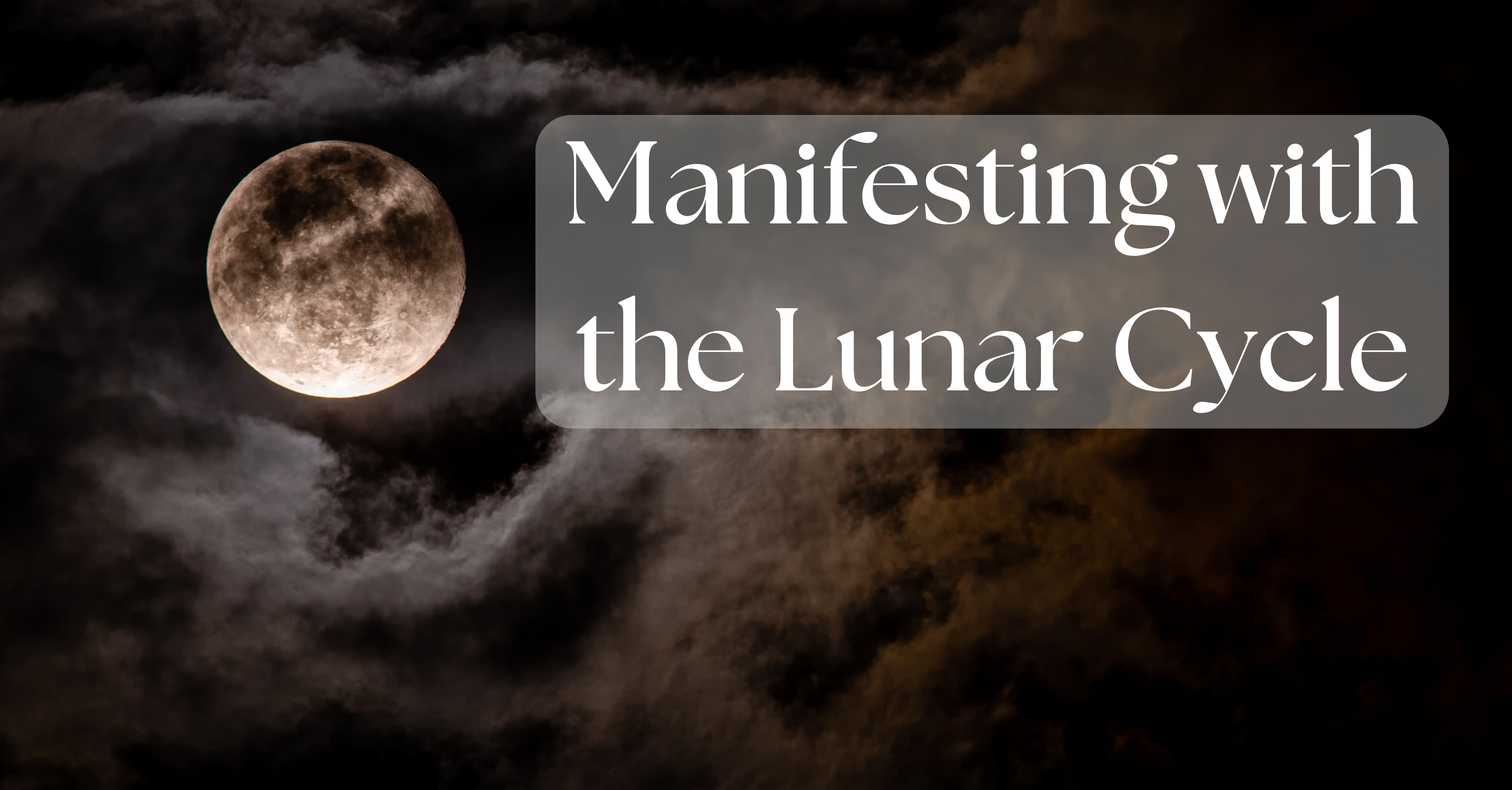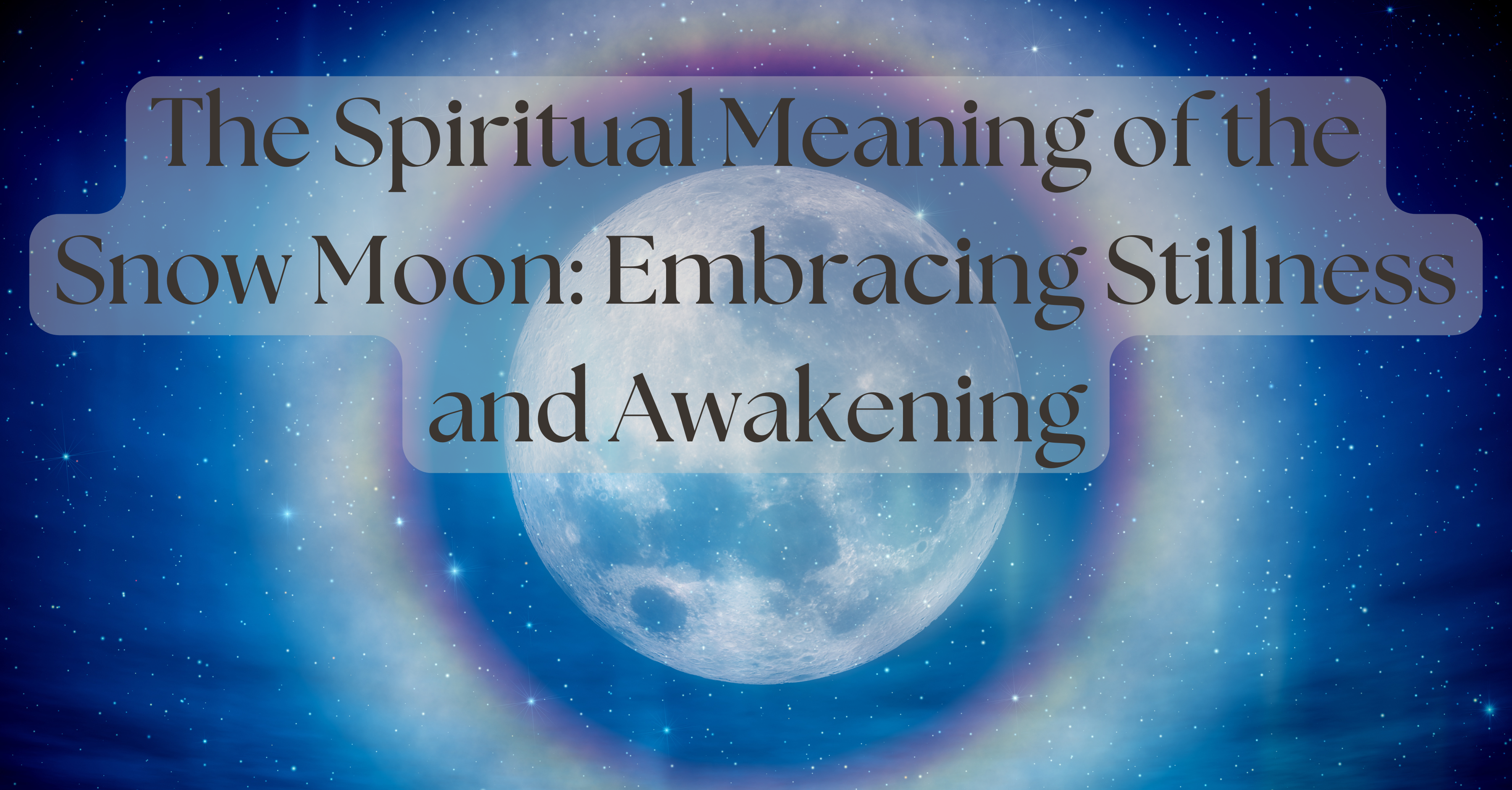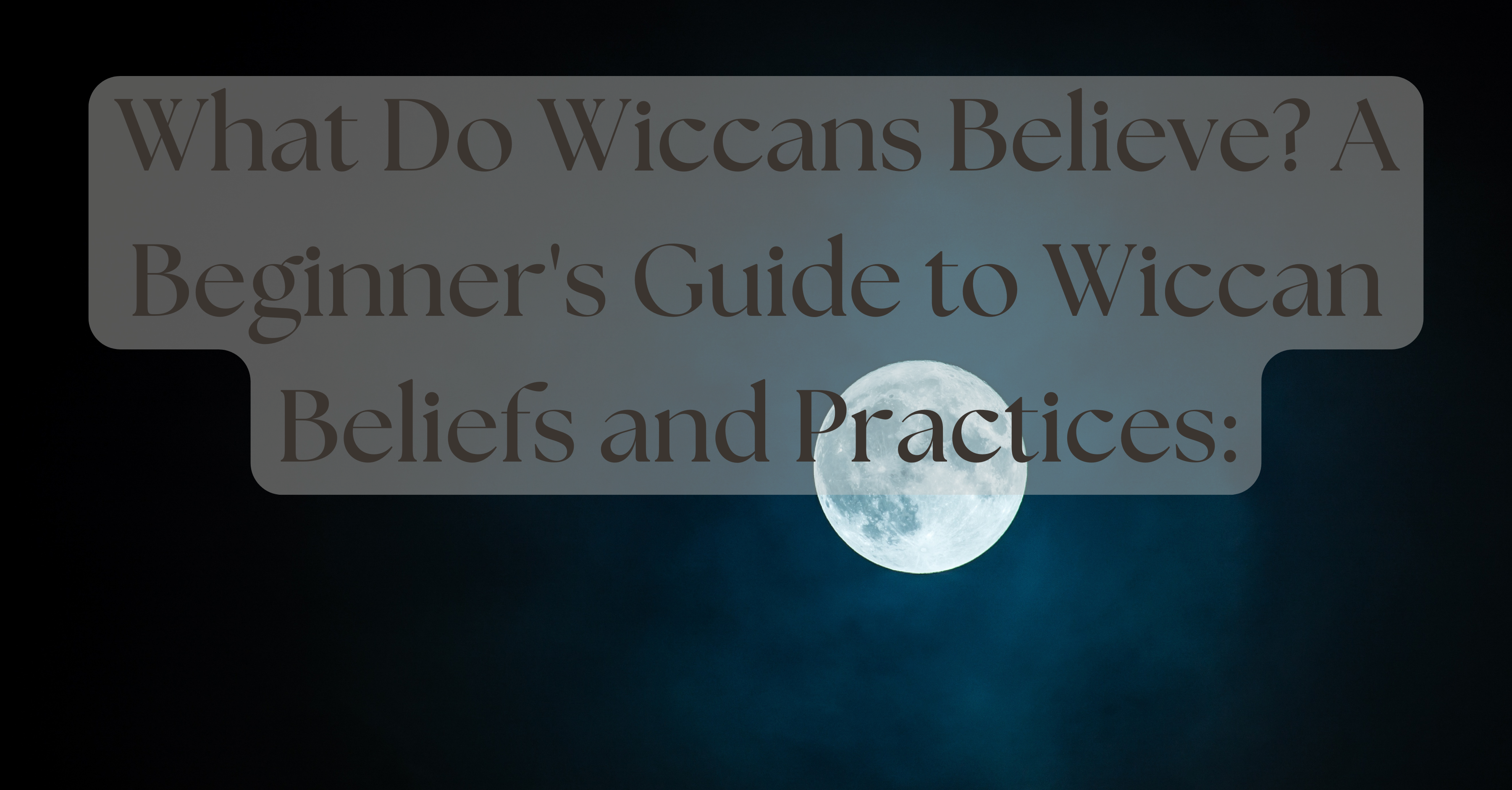Wicca is a modern pagan religion that centers around a deep connection to nature, reverence for the divine, and personal spiritual growth. For those new to the path, it can be both intriguing and a bit mystifying. You may have heard the terms “Wiccan” and “witch” used interchangeably, but what does it really mean to be a Wiccan? Who are the people who practice this spiritual path, and what beliefs and practices shape their lives?
This post will dive deep into what it means to be a Wiccan, the core principles that guide Wiccans, and how they integrate their beliefs into their daily lives.
A Modern Pagan Religion
At its heart, Wicca is a contemporary pagan religion with roots in ancient practices and beliefs, but it was formalized in the mid-20th century, largely through the efforts of Gerald Gardner, often considered the father of modern Wicca. Gardner introduced Wicca to the public in the 1950s after the repeal of anti-witchcraft laws in England. Though inspired by ancient practices, Wicca is a relatively new religion that has adapted to fit the modern world while maintaining its deep respect for nature and the cycles of the Earth.
Core Beliefs of Wiccans
1. Connection to Nature
For Wiccans, the natural world is sacred. They view the Earth, its elements, and the cycles of the moon and sun as manifestations of divine energy. This connection to nature is not simply symbolic; Wiccans believe that by working with nature and its forces, they can access deeper wisdom and power. Rituals often take place outdoors, and natural objects like stones, herbs, and flowers are integral parts of their practice. This reverence for nature fosters a sense of environmental responsibility and a desire to live in harmony with the planet.
2. The Wiccan Rede
The Wiccan Rede is the guiding moral principle of Wicca, summed up in the phrase, “An it harm none, do what ye will.” In other words, as long as your actions do not cause harm to others, you are free to follow your own spiritual path. Wiccans believe in personal responsibility and strive to live in ways that are ethically sound, ensuring their actions are in harmony with their beliefs.
This principle is what separates Wicca from misconceptions of it being a negative or harmful practice. Wiccans deeply value compassion, kindness, and integrity in their everyday lives. It’s why many Wiccans are cautious when performing spells—particularly those that could impact others. For example, love spells often focus on attracting a certain type of partner rather than trying to control or influence a specific individual.
3. The Law of Threefold Return
The Law of Threefold Return is another key belief in Wicca, often compared to the concept of karma. It states that whatever energy a person sends out into the world—whether positive or negative—will return to them threefold. This belief encourages Wiccans to be mindful of their actions and intentions, striving to emit positivity, healing, and love.
For example, if a Wiccan were to perform a spell for abundance or success, they would do so with pure intentions, knowing that their energy will come back to them in an amplified form. Similarly, they avoid actions or spells meant to harm, as any negative energy would also return with increased intensity.
4. The Goddess and the God
Wiccans honor the divine in both feminine and masculine forms. The Goddess, often associated with the moon, represents fertility, creation, and the nurturing aspects of life. She is revered in her various forms, including the Maiden, Mother, and Crone, each representing different stages of the life cycle. The God, often associated with the sun, represents strength, virility, and the cycles of death and rebirth. Together, the Goddess and the God form a balance of energies that Wiccans strive to embody in their own lives.
While some Wiccans feel a stronger connection to one deity over the other, they recognize the importance of both. The Goddess and God are seen not only as distant figures but also as symbols of the divine energy that resides within each person, reminding Wiccans of their own inherent power and connection to the universe.
Wiccan Rituals and Practices
Wiccans engage in a wide range of rituals and practices that reflect their beliefs and connection to nature. These rituals can be as simple as lighting a candle with an intention, or as elaborate as celebrating the seasonal Sabbats and moon phases. Below are some key practices of the Wiccan path.
1. The Wheel of the Year
The Wheel of the Year is a calendar of eight seasonal festivals, known as Sabbats, that Wiccans celebrate. These Sabbats mark the cycles of the Earth, from the longest night at Yule to the height of summer at Litha. Each Sabbat is a time to honor the natural world, celebrate its cycles, and reflect on personal growth and change. For example, Samhain (October 31st) marks the end of the harvest season and is often a time for honoring ancestors and reflecting on the past year.
2. Moon Magic
The phases of the moon are central to Wiccan practice. Wiccans believe that the moon’s phases hold different energies that can be harnessed for magic and personal growth. For example, the New Moon is a time for setting intentions and new beginnings, while the Full Moon is a time for manifestation and celebration. The energy of the Waning Moon is perfect for banishing negativity and releasing what no longer serves you.
Wiccans often perform spells, meditations, or rituals that align with the current moon phase, using its energy to enhance their spiritual work. This is a key way that Wiccans sync their practices with the natural rhythms of the universe.
3. Working with the Elements
Wiccans honor the four classical elements—Earth, Air, Fire, and Water—along with the fifth element, Spirit. Each element is associated with different qualities and energies, which can be invoked in spells and rituals. For example:
Earth:
Stability, grounding, and abundance.
Air:
Communication, intellect, and clarity.
Fire:
Passion, transformation, and creativity.
Water:
Emotion, intuition, and healing.
Spirit:
Connection to the divine and unity of all things.
Wiccans incorporate these elements into their rituals, often placing representations of each on their altar and invoking them during ceremonial work.
4. Spells and Magic
Magic in Wicca is not about the dramatic spells you might see in movies, but rather the focused use of intention and energy to manifest desired outcomes. Wiccan spells are typically centered on self-improvement, healing, protection, and guidance. For example, a Wiccan might create a spell to attract positivity or to enhance their inner strength during a challenging time.
Wiccans are careful to only perform spells that align with the Wiccan Rede and the Law of Threefold Return, ensuring their magic is ethical and causes no harm.
Dispelling Common Myths
One of the most common misconceptions about Wicca is that it involves the worship of the devil. In reality, Wiccans do not believe in or worship the devil, as the concept of the devil is rooted in Christian theology and does not exist in Wicca. Instead, Wiccans focus on connecting with the divine forces of nature, honoring both the Goddess and the God, and aligning themselves with positive, life-affirming energies.
Another misconception is that Wicca is a monolithic practice. In truth, Wicca is highly diverse, with different traditions and paths that cater to individual spiritual needs. Some Wiccans practice alone (often called “solitary practitioners”), while others belong to covens that provide community and support.
Becoming a Wiccan
For those drawn to Wicca, the journey typically begins with learning, self-exploration, and a deepening connection to nature. There are no strict initiation requirements in Wicca, though some traditions have formal initiation rituals. Many people begin by practicing solitary, researching Wiccan books and websites, and gradually integrating the beliefs and practices into their lives.
To become a Wiccan is to embark on a lifelong journey of personal growth, connection with the natural world, and the exploration of one’s inner spirituality. Whether you are interested in practicing magic, celebrating the cycles of the Earth, or simply living a life that honors nature and the divine, Wicca offers a path of empowerment and connection.
In conclusion, Wiccans are modern practitioners of a nature-based, pagan religion that values personal responsibility, ethical behavior, and a deep reverence for the Earth and its cycles. Through rituals, spells, and daily practices, they seek to harmonize with the natural world and align their lives with the energies of the universe. For those interested in exploring Wicca, it offers a spiritual path that is both ancient in its roots and modern in its practice, providing a meaningful way to connect with the divine, nature, and one’s own inner power.

